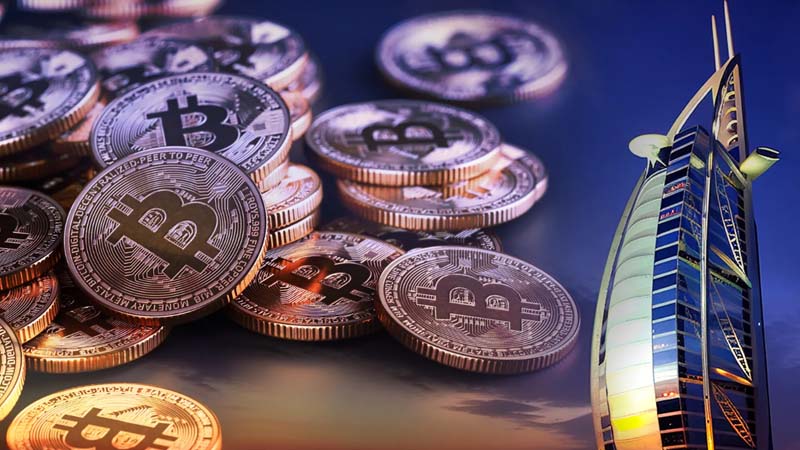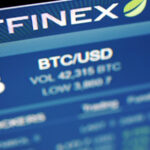
The United Arab Emirates is rapidly establishing itself as a leading destination for the global cryptocurrency market, despite a worldwide ‘regulatory winter’. Amid a period of explosive growth in the digital currency sector, with Bitcoin and other cryptocurrencies like Solana, Telegram’s Ton, and Cardano’s Ada significantly outperforming traditional markets, the UAE is attracting attention for its crypto-friendly regulatory environment.
The boom in digital currencies, which have seen remarkable increases in market cap, is leading their creators to seek a regulatory landscape conducive to their growth. As traditional crypto havens like The British Virgin Islands and the Caymans impose stringent regulations under pressure from Western financial regulators, and Asian markets like Singapore tighten restrictions on crypto advertisements and transactions, the global crypto industry is in search of new, welcoming environments.
This search for a crypto-friendly yet regulated space is driving institutional adoption. The UAE stands out as an open secret in the banking and financial services sector, actively exploring ways to provide virtual assets services to clients. This mirrors trends in other parts of the world, like Switzerland and Miami, the latter under the leadership of Mayor Francis Suarez, a strong proponent of cryptocurrency.
The influx of institutional investors, hedge funds, and financial giants into the UAE is noteworthy. Standard Chartered Bank, Franklin Templeton, and Mastercard are among those moving or expanding their digital assets services in the country. Additionally, prominent financial figures like Ray Dalio and institutions like AQR Capital Management and Brevan Howard are establishing a presence in Abu Dhabi.
In Dubai, the influx of top-tier funds from cities like London and New York is equally significant. The movement of institutional money into the UAE is being followed by major crypto companies like Crypto.com, Coinbase, and Circle. Notable industry figures like Telegram founder Pavel Durov and Charles Hoskinson, co-founder of Ethereum and Cardano, have shown interest in the UAE.
The UAE’s commitment to fostering a crypto-friendly environment is evident in its regulatory framework. With six regulators issuing crypto-enabling licenses and the Dubai Virtual Asset Regulatory Authority focusing on the sector, the UAE is creating a conducive environment for crypto businesses. The Abu Dhabi Global Market has introduced regulations to facilitate decentralized crypto companies, and the UAE Central Bank is working with crypto firms to find practical solutions rather than creating obstacles.
In terms of local use cases, cryptocurrency is being increasingly integrated into daily life in the UAE. From dining and grocery delivery to real estate transactions, digital currencies are gradually becoming a part of the economic fabric. This development signifies the UAE’s intent to build a modern financial economy with cryptocurrency at its core.
However, as the UAE cultivates this progressive environment, companies face challenges in adhering to strict regulatory standards, particularly around Know Your Customer (KYC) rules. These measures underscore the UAE’s commitment to establishing a secure and regulated crypto market that balances innovation with consumer protection and legal compliance.
As the crypto landscape evolves globally, the UAE’s strategic approach positions it as a major player in the digital currency sector, providing a blueprint for other nations looking to navigate the complex world of cryptocurrency regulation and innovation.




